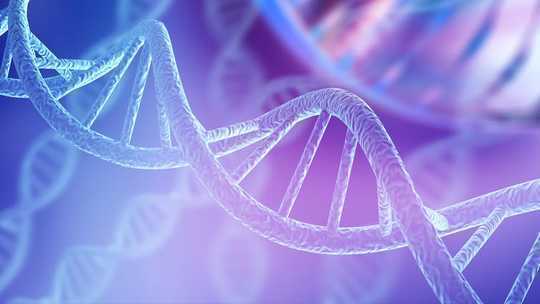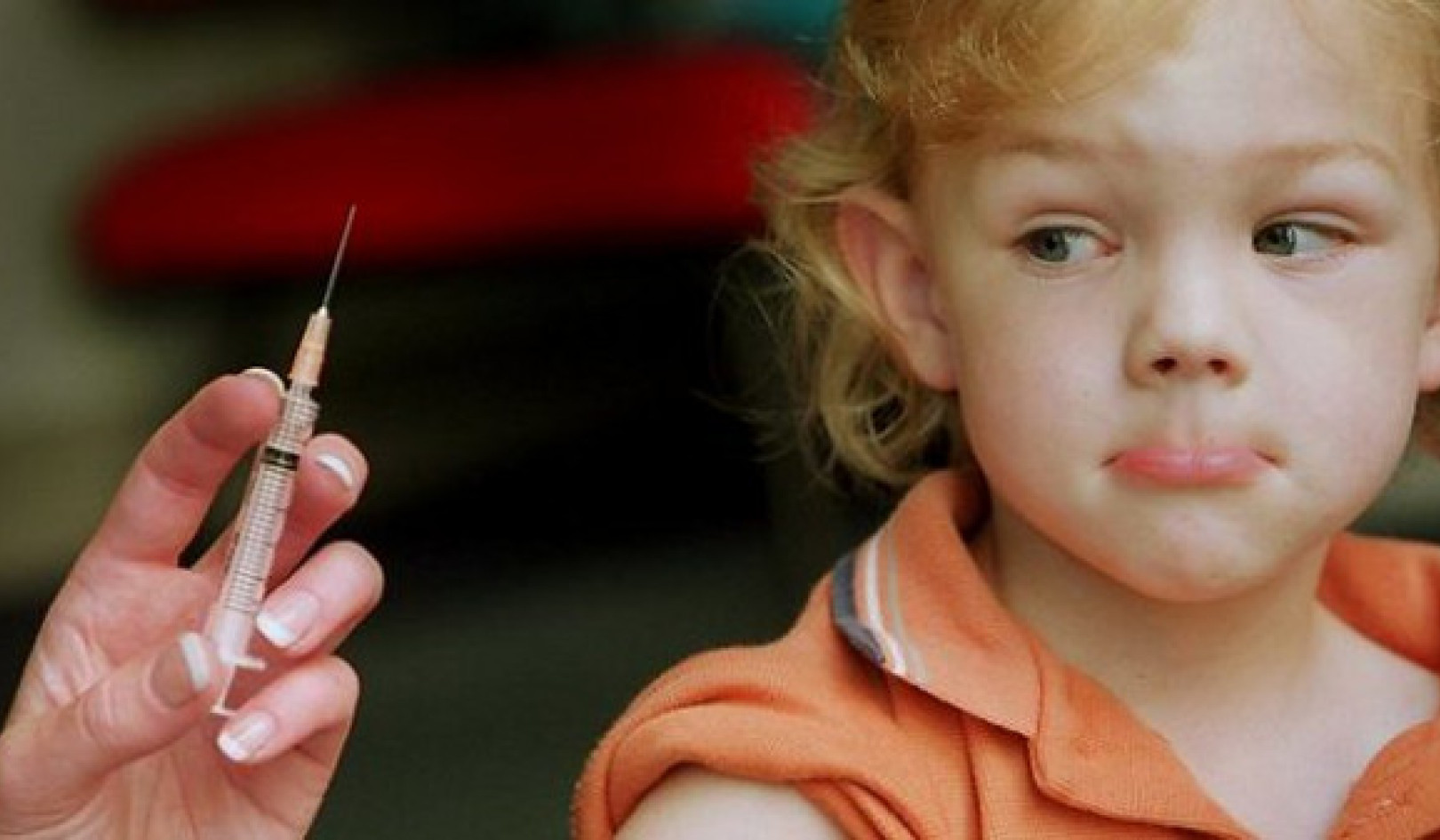 Monkey Business Images
Monkey Business Images
From the tap dancing 90-year-old to the 40-year-old who struggles to run a mile, we all know people who seem surprisingly young or old for their age. Scientists believe that it may be possible to distinguish between two types of age: biological age, a measure of how well the body functions, and chronological age, your age in years.
Epigenetics, the science of how environmental factors influence our genes, is a promising way to understand the link between the two – and ageing in general.
DNA methylation is a mechanism used by cells to control gene expression – whether (and when) a gene is turned on or off. This differs across cells and tissues and has been shown to change gradually as we age. The level of methylation can therefore help determine tissue age.
By charting how age affects DNA methylation levels throughout life, scientists have created an epigenetic clock. This is a widely used method for determining biological age from a DNA methylation sample based on hundreds of epigenetic markers. But our new research, published in Genome Biology, suggests the method isn’t as reliable as previously thought.
Get The Latest By Email
The most commonly used version of the clock was originally developed from a large collection of data taken from a range of different tissue types.
Where tissue samples come from anonymous donors, the epigenetic clock allows researchers to estimate their chronological age, give or take a few years. By focusing on biological age, it’s been proposed that the epigenetic clock reflects our “true” cellular age. This may be altered by our health or the environment we live in.
Many studies have explored age acceleration – how our clocks might be sped up by illness or the environment, and even how this might relate to the risk of death. In essence, this calculates the difference between chronological and biological age for a set of people. You then take this difference and test whether it correlates with the profile of people suffering from a certain disease.
This possibly allows researchers to look at developmental changes, cumulative environmental effects and cellular ageing. But there has also been hype surrounding it, including expensive consumer testing products.
Knowing more about how our bodies age and the tantalising possibility that in the future we might be able to halt, or even reverse the process, makes the epigenetic clock of great interest. Perhaps we could develop drugs to slow down the process.
In fact, a recent intriguing but very preliminary finding from Steven Horvath, a professor of human genetics at the University of California, Los Angeles, who developed the epigenetic clock concept, suggests it could be possible. But many researchers remain sceptical.
Missing information
It’s important to remember that there’s no evidence that the DNA methylation changes used in the epigenetic clock are anything more than a by-product of ageing. In fact, they may not determine our ageing.
The original samples used in developing the clock model were predominantly taken from younger people and didn’t include many from elderly people. Given what we already know about the biological changes that take place as we age, we wanted to test the clock’s accuracy, particularly at the older end of the age spectrum.
 DNA methylation is the addition of methyl groups to a DNA molecule. Billion Photos/Shutterstock
DNA methylation is the addition of methyl groups to a DNA molecule. Billion Photos/Shutterstock
Age acceleration studies must take account of this, otherwise they risk being fooled by any age-related phenomenon looking like it is associated with DNA methylation.
By looking at data on elderly people from two large studies, one performed in about 90 elderly postmortem brains and the other in bloods from nearly 1,200 people of all ages, we could compare two epigenetic clock models against our DNA methylation results.
Our analysis of the performance of the clock shows that epigenetic age doesn’t move at a steady pace throughout life, and that it performs differently in different tissues. Instead, the clock slows as we age, particularly as we enter old age.
We found clear evidence that the ages of people were systematically underestimated by the epigenetic clock, once people were over the age of about 60. At the moment, we don’t know why DNA methylation change slows down in this way, or what mechanisms are behind it.
We already knew that DNA methylation changes are not linear over the lifespan. The clock has been updated to account for the big changes taking place in childhood and adolescence, for example. With the amount of data now available, more detailed and accurate clocks for specific tissues and age ranges are possible.
If we can whittle away the discrepancy between DNA methylation and chronological age, what does age acceleration really mean? If it is different for different parts of the body, is it likely to be related to some central ageing mechanism?
Ultimately, our work shows that researchers need to be careful when using the epigenetic clock to estimate how old people are. Age acceleration really does appear to be age dependent and care should be taken when interpreting any age acceleration associations. For example, we show that there appears to be age acceleration in Alzheimer’s disease, but this proves to be a statistical illusion produced by the slowing clock and the fact that Alzheimer’s disease is progressive.
The epigenetic clock is a useful tool for researchers, but given the limited nature of the DNA methylation profile that the clock is based on, taking it at face value could lead to misleading results.![]()
About The Author
Leonard Schalkwyk, Professor of Human Genetics, University of Essex and Jonathan Mill, Professor of Epigenetics, University of Exeter
This article is republished from The Conversation under a Creative Commons license. Read the original article.
books_health















